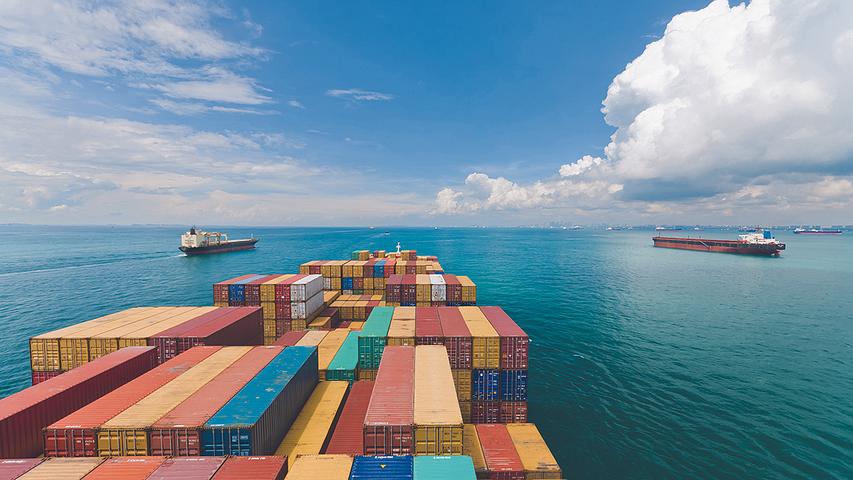Upskilling the maritime workforce to enable cleaner shipping
Bngli.online – Explore Bengali Culture & Lifestyle >> Usa university>> Upskilling the maritime workforce to enable cleaner shipping
Upskilling the maritime workforce to enable cleaner shipping

The University of Plymouth is addressing one of the key challenges in shipping’s energy transition: upskilling the workforce – at sea, in the port environment, and across the fuel supply chain – to use low and zero-carbon fuels.
[SCHOOL]
Link text
Open this link in a new tab
“>
Plymouth Business School
“We are thrilled to work alongside industry leaders to bridge critical skills gaps across the maritime fuel transition. By combining academic insight with real-world data, we’re shaping a workforce that is not only ready for low-carbon operations but capable of leading them.”
[STAFFMEMBER]
Link text
Open this link in a new tab
“>
Dr Rong Huang
“This project offers a unique opportunity to co-create future-proof training that meets real operational needs and regulatory standards. We’re excited to contribute our expertise in educational quality and workforce transformation to ensure the next generation of maritime professionals is equipped to drive sustainable change.”
Skills 4 Future Maritime Fuels has been successful gaining funding under the sixth round of the UK’s Clean Maritime Demonstration Competition.
The project will now be funded by the UK Government through the UK Shipping Office for Reducing Emissions (UK SHORE) programme in the Department for Transport. Innovate UK, part of UK Research and Innovation, is the main delivery partner for UK SHORE interventions.
UK SHORE is focused on developing a more sustainable maritime sector in tandem with driving economic growth across the UK. The programme brings together projects from across the UK, each taking a different approach to decarbonisation.
Drawing on the expertise and extensive industry experience of the project partners, the three-phase Skills 4 Future Maritime Fuels project will include a skills gap analysis, the development of modular training programmes covering a range of skill competencies, and real-life pilot testing.
The ultimate aim is to ensure the maritime workforce can use low and zero-carbon fuels safely and in accordance with national and global regulatory frameworks.
